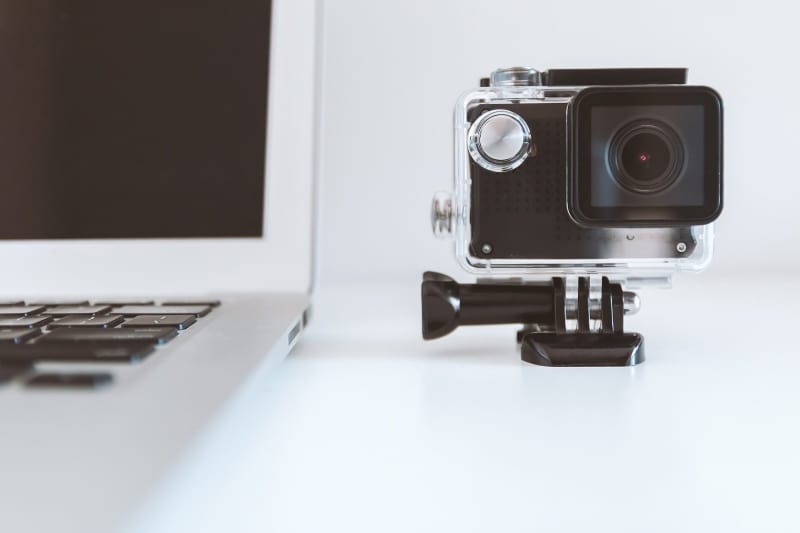Partially remote hearings in the Coroner’s Court: Chief Coroner’s Guidance No. 38

The Chief Coroner has published his Guidance No 38, headed ‘Remote Participation in Coronial Proceedings via Video and Audio Broadcast’.
The Guidance (available here) focusses on how inquests can, or may be held, with social distancing maintained. It is in the interests of justice for partially remote hearings to take place via video or audio wherever possible.
Who needs to be physically present at Court?
Unlike Judges sitting in other jurisdictions, Coroners must be physically present in Court in order to hold an inquest. Hearings where the Coroner is not present in Court should still not be conducted in order to satisfy the requirement for open justice.
However, the Guidance is clear that practitioners, witnesses, interested persons, the press and the public do not need to be present in the courtroom.
Although Coroners can now order a partially remote hearing, if they are to do so, those affected need to be given an opportunity to make representations. Those representations will then be considered alongside an interests of justice test. When making such a ruling, Coroners should set out their reasons to interested persons at the conclusion of any pre-inquest review, or provide them in writing by letter and/or email.
Live Evidence
Open justice, meaning public access to justice, is still the fundamental principle underpinning the way in which Coroners deal with remote hearings.
Evidence from any witness can be given via video or audio links in order to allow remote attendance.
Rule 17 of The Coroners (Inquest) Rules 2013 provides that witnesses are able to give live evidence via video link where it is justified and where to do so “would improve the quality of the evidence given by the witness or allow the inquest to proceed more expediently”.
This provision has been in place for some time, although prior to Covid-19 it was rarely used. The default position was that witnesses must attend court unless there were special circumstances.
Although the recent Guidance encourages hearings to take place partially remotely, the Chief Coroner has been clear that if it is possible to use a courtroom in line with social distancing rules, then the courtroom should as far as possible remain open.
The Guidance also suggests that partially remote hearings are generally not suitable for any jury inquests, save for in the most exceptional and limited circumstances.
It is also important to note whether a person has attended physically or remotely will not affect the determination of any issues that arise or any conclusion that might be reached.
Live Streaming and Broadcasting
If a hearing does proceed remotely, it is unlawful for participants to inadvertently livestream, broadcast or record proceedings.
Coroners are advised to issue clear directions reminding lay participants that the recording or broadcasting the audio or images is not permitted. Although a remote hearing may seem less formal, it remains in every sense a court hearing in which the core formalities remain.
Coroners can allow the use of audio only lines in order for the public and press to participate in the proceedings. However, in order for this to be permitted, Coroners must make a ruling that expressly disapplies the effect of Section 9 of The Contempt of Court Act 1981. Coroners are also to remind the public and press that it is still unlawful to play, dispose of, or publish a recording or transcript of the proceedings and as such it is a criminal offence to make or attempt to record or broadcast the proceedings.
Jade Ferguson’s profile can be viewed here










